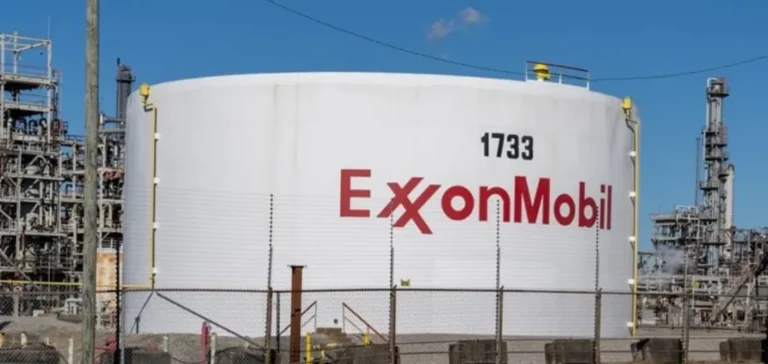Iraq’s state-owned oil company, State Oil Marketing Organization (SOMO), is in advanced talks with US-based ExxonMobil Corporation to gain access to crude storage capacity in Singapore, according to official statements. The discussions focus on the use of tanks already owned by ExxonMobil in the Asian trading hub.
Regional refining ambitions
Beyond storage, the ongoing negotiations also include prospects for securing refining capacity in Asia, with profit-sharing arrangements under consideration. This initiative comes as regional demand for petroleum products remains strong, particularly in China, India and Southeast Asia. SOMO aims to establish a more stable and direct presence in these markets through structured industrial partnerships.
Gradual return of international majors
Iraq has recently intensified partnerships with several international oil companies, including firms that had previously scaled back operations in the country. Agreements have been signed with Chevron Corporation, TotalEnergies SE and an unnamed British oil company, signalling renewed interest in long-term collaboration opportunities.
Logistics optimisation and commercial strategy
Access to infrastructure in Singapore would enable SOMO to streamline shipments to Asian markets while optimising delivery times and logistical costs. This strategy is designed to secure consistent outlets for Iraqi crude in the face of increasing competition from other regional producers, particularly those in the Gulf.
SOMO Director General Ali Nazar stated the objective is to “enhance Iraq’s commercial flexibility in high-consumption areas”.






















